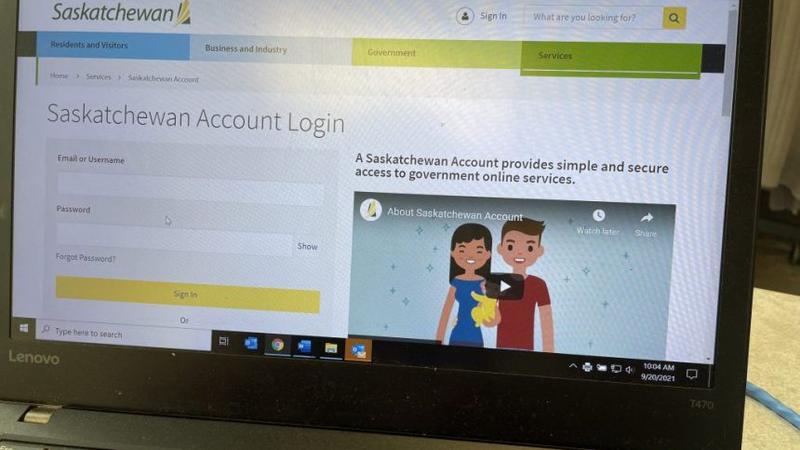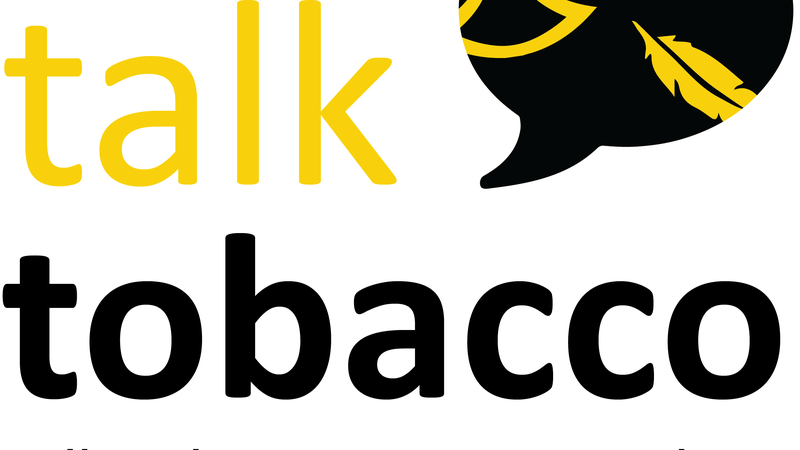
QR codes back as launch of proof-of-vaccination policy nears
QR codes are back for Saskatchewan residents to prove they’ve had a COVID-19 vaccination.
The codes were removed from MySaskHealthRecord accounts on Friday due to privacy issues. On Tuesday, the Ministry of Health said in a media release the problem had been “resolved” and the codes once again were available for people to download or print.
“Any QR codes that were saved/printed or captured prior to today should be deleted or destroyed as they have been made invalid and new QR codes must be retrieved from your MSHR account,” the release said.
But while the codes once again can be downloaded, the apps needed for businesses to read them aren’t ready yet. The government is working with Apple and Google and the apps should be launched soon.



